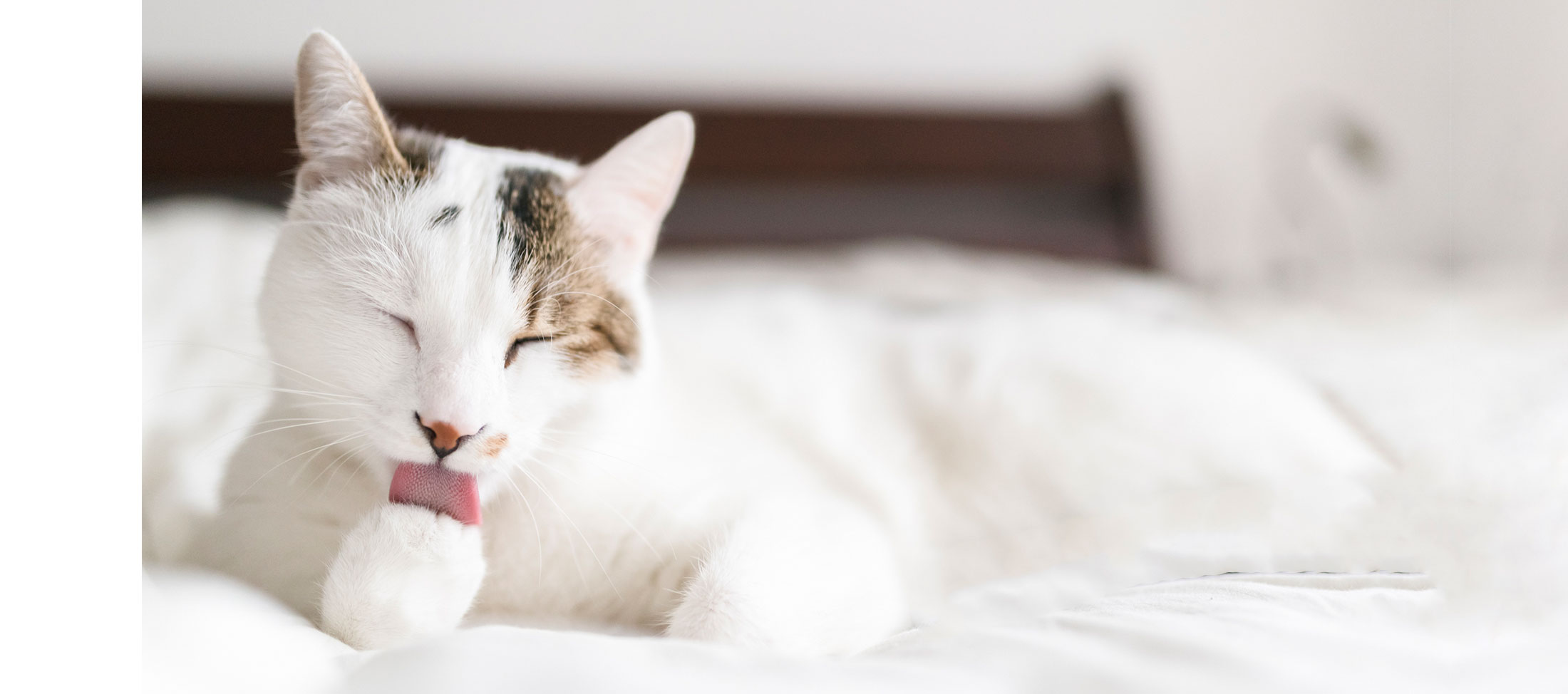Library
-
Proprioception is the ability to know where your body is in space. This is what helps reduce falls and injury. Proprioception may be lost suddenly through spinal cord trauma, or it may be reduced with age, joint disease (osteoarthritis), or other orthopedic or neurologic disease. Some specific controlled exercises that can improve proprioception are discussed. Any exercise plan needs to be formulated by a veterinary rehabilitation therapist to avoid injury.
-
Controlled, regular physical exercise is one of the core treatments of canine osteoarthritis, along with weight control, physical rehabilitation, and pain management. Exercise increases circulation to the muscles and joints, decreases stiffness in the joint capsule and soft tissues, reduces pain, maintains strength, and benefits the cardiovascular system. Left untreated, the chronic pain of arthritis causes a continually worsening cycle of less movement, weight gain, muscle loss, decreased strength, and loss of cardiovascular fitness.
-
Obesity occurs when a cat consumes more calories than they expend. Therefore, managing obesity in cats often requires both dietary changes and increased exercise/activity. There are several methods for increasing activity in cats, including play, using cat trees and climbing structures, outdoor enclosures, and intentional, active feeding practices. Each of these can be beneficial in promoting weight loss.
-
You’ve probably heard lots of funny cat anecdotes; about how you don’t own them…they own YOU; how they feel superior to everyone, especially dogs; that they expect to be treated like royalty. If you are considering a feline acquisition, first consider this: lots of those remarks are true! This handout explains the other factors to consider in selecting the cat most likely to choose your family, too.
-
Dogs can be amazing family members and greatly enrich our lives! Adding a dog to the family is also a serious commitment, and research before choosing a dog will help set the family and the dog up for success. This handout goes over some factors to consider when selecting a dog.
-
In pregnant mares, unlike most other animals, antibodies do not cross the placenta into the foal's blood stream before birth. Therefore, when a foal is born it has no natural defence mechanisms against infection because it has no antibodies, that are the blood's special immune proteins, with which to fight infection.
-
It is a well recognized saying 'no foot no horse'. Caring for your horse's feet and hooves and ensuring that he is attended to regularly by your farrier will safeguard his long term soundness.
-
Cat food has been made so palatable that it can easily create gluttonous behavior. Meal feeding and portion control are important to prevent obesity. Owners should not give in to begging behavior. Cats that are still hungry after their meal can be supplemented with snacks such as green vegetables recommended by your veterinarian. Cats that eat too quickly can be fed creatively to slow down eating.
-
Turtles are omnivorous, eating both animal protein and vegetable matter. It is important to offer a variety of food to stimulate the turtle to eat and provide nutritional balance. This article discusses how and when to feed your aquatic turtle, recommended foods, supplements, and water requirements for optimal nutrition.
-
Box turtles are omnivorous. Generally, your box turtle's diet should be about 50% plant-based material and 50% animal-based material, but be sure to discuss a specific diet plan for your turtle with your veterinarian. Most young turtles eat daily, while older turtles can be fed either daily or every other day. This article discusses the best foods for your turtle, supplements, water, and light requirements for optimal nutrition.



